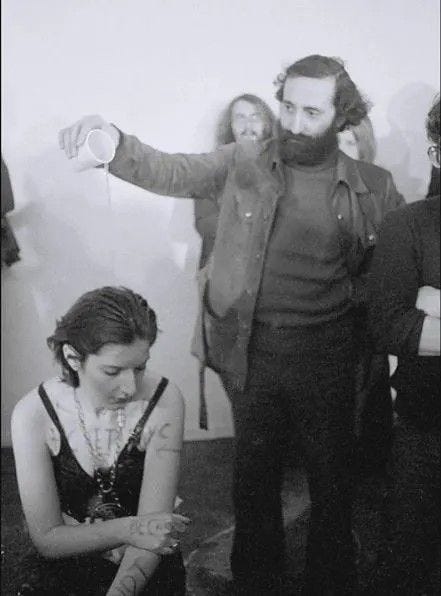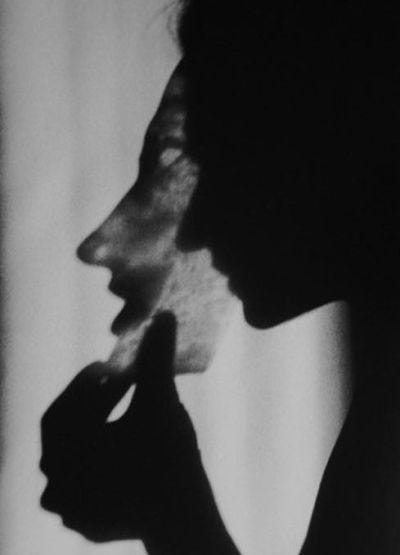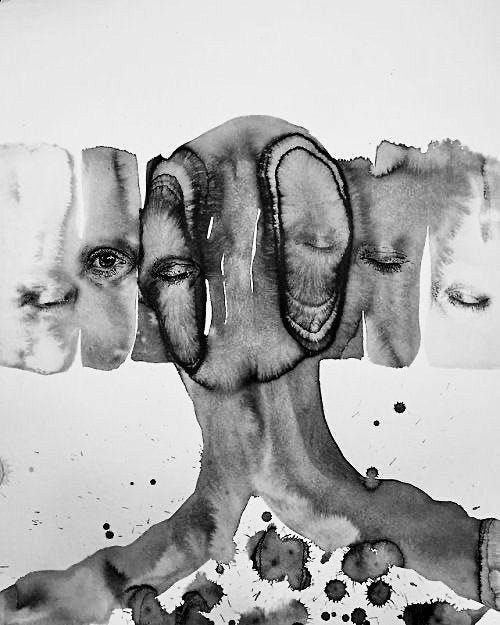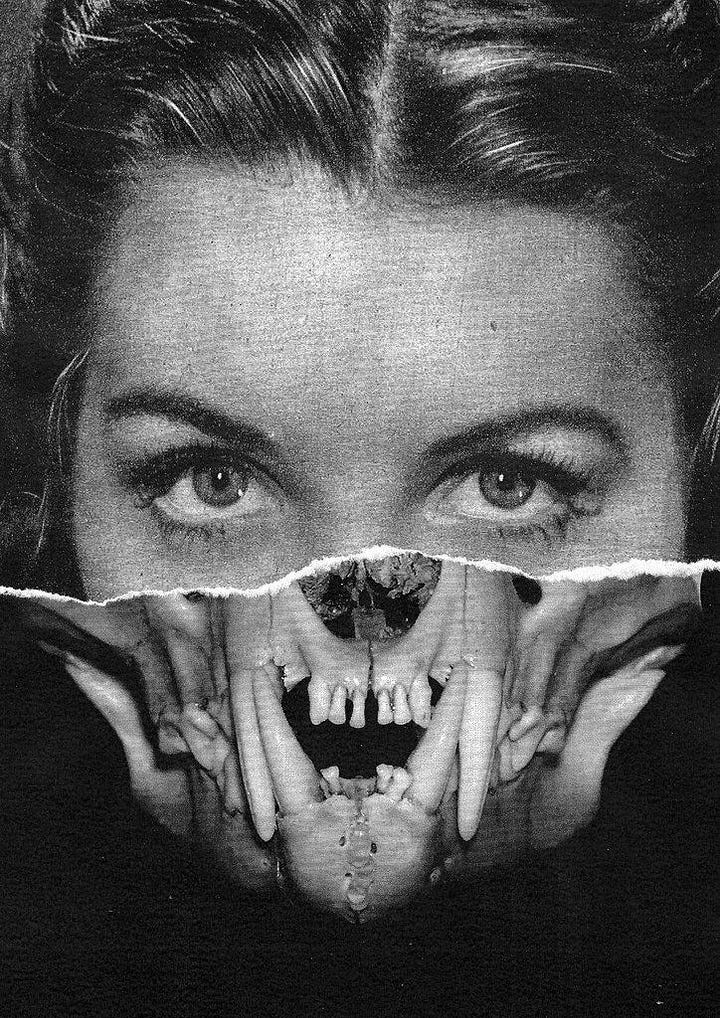The Illusion of Writing For Oneself
On choice, self-awareness, and the paradox of pleasing as a creator.


The need to be softly cooed into submission by covering our eyes with tear-stained wool has been a means of control for centuries. We accepted that our safety was being saved when our troops were abroad. We accepted that we had a choice in who ran the world, though we were consistently made to choose between dumb and dumber. We accepted our right to be who we wanted, where we wanted because of that sweet, so-called democracy we claim to have.
But though we have come to open our eyes to the world now, we also need to recognise this lack of choice also exists in our ordinary, everyday lives. As humans we never had much of a choice. We always lived in a state of control whether that be a state of mind, a state of governance, or a state of faith. We never really had many choices to make the decisions that liberate us from the confinements we have created for ourselves.
Lately, I’ve been questioning the choices I make. And not the subconscious that makes me commit an action without having to think — such as picking up a spoon, opening a door, or turning off a light. But the choices that determine who I am and what I like.
I find myself challenging why I say, do or think things. Am I doing it because I truly think this, or is it because it’s what is expected of me? When you live in a society so complacent in their ways, you find yourself unable to generate original thoughts that are not influenced by your version of morality.
Of course, that takes us into the question of what and whom is moral. We forget that there is a constant change in morality and that we will always have different morals regardless of how “evolved” the world becomes. But outside of the question of morality, I’ve come to notice that I am unable to differentiate whether what I write is due to my own volition or because I am writing for others.


No matter how much self control one possesses, the desire for applause is ever present. You want others to find your writing engaging rather than a bunch of muddled up junk with no end goal. And regardless of the unceasing audits working overtime in my mind, I still catch myself needing to write like others that I admire, forgetting that writing is like a fingerprint. No matter how much you try to emulate others, you always leave a stamp unique to you. Whether that be your use of punctuations (preferring commas to em dashes) or your structure (forgoing chapters in novels).
As I write my novel, I constantly wonder if what I’m writing will make others weep, smile or angry—all emotions every writer chases—disregarding the fact that I sobbed when I wrote the last chapter of my novel myself. And when reading Emily Henry’s Beach Read a quote presented this epiphany. It was when Gus said to January: “You know, maybe the reason you haven’t been able to finish your book is that you keep asking what someone else wants to read instead of what you want to write.”
And you can imagine as a baby writer this was a freaking jewel.
I highlighted, underlined and damn-near tattooed it on my skin because for once, I realised what my problem was (outside of chronic laziness) and it was not my lack of iron, coffee or motivation, but it was because I was a people-pleaser.
I realised I was in the business of providing a service. But that service extended to myself too. And in this business, the customer is not always right. One person might find my writing to be absolute garbage, but to another, it may connect in ways nothing ever has. There are authors whose books I cannot stand for the life of me, I mean the mere cover of these books irk my soul, but that does not take away the fact that these books are popular for a reason. And yes, they may not be my demographic but they exist and deserve to be represented.


I question as creators, how much we owe to our consumers. This question comes up quite often with musicians who struggle to deviate from their older work/personas. They usually find themselves unable to deal with the pressure and backlash of disappointing their supporters as they never forget to remind these creatives that without them, they would amount to nothing.
But what kind of creator does that make you, if you’re not creating what you think is perfect? Is that not how one garnered their support base in the first place? I guess that’s when creation becomes a business rather than a calling.
But is it so bad? Writing for others, I mean. You gain connection, a sense of morality, and a community. Losing some authenticity and vulnerability is just as sacrificial as someone losing parts of themselves in a romantic relationship. Maybe finding some happy medium in this moral dilemma is needed. The medium where you acknowledge the fact that this is not you a hundred percent, but eighty, or seventy, is just as good.
But lately for me, no percentage has felt good enough. It’s not that I don’t think my work is good, or that others would not like it. But as someone who is not writing for fun but rather a career, no matter how much you try to avoid the plague of money talk, it is still a responsibility of yours to question if something will sell.
And that’s when this so-called consensus becomes more so of a tipping scale. Today, you’re writing at eighty percent authenticity, but tomorrow you have a book deal and that eighty becomes fifty when the talks of a sequel comes into play. You know what your readers want to see, but maybe you do not want a happy ending. Maybe you want something so real, and so devastating that it leaves a gaping wound. Maybe unconventional endings is what separates you from others—but then does your book become an escape from their real-life?
It’s ironic, really. I’m writing this article for others, to help them confront these struggles, but nevertheless I’m writing for others. Maybe there is no escape from the human desire to please others — in life or in creation. Maybe every act of creation, once released, is no longer yours — like a child. The only time that child is yours is before schools, work, and peers get to them — when they still look at you like you’re the only thing present in the world.
Perhaps, like a child, we birth these creations only for the world to raise. And maybe the reason why we need this healthy medium of pleasing others is because they’re who will continue to raise this precious child long after we’re gone.
- noor arabelle


this is so beautifully worded and a truth many artists have to confront 🤍 i love this perspective